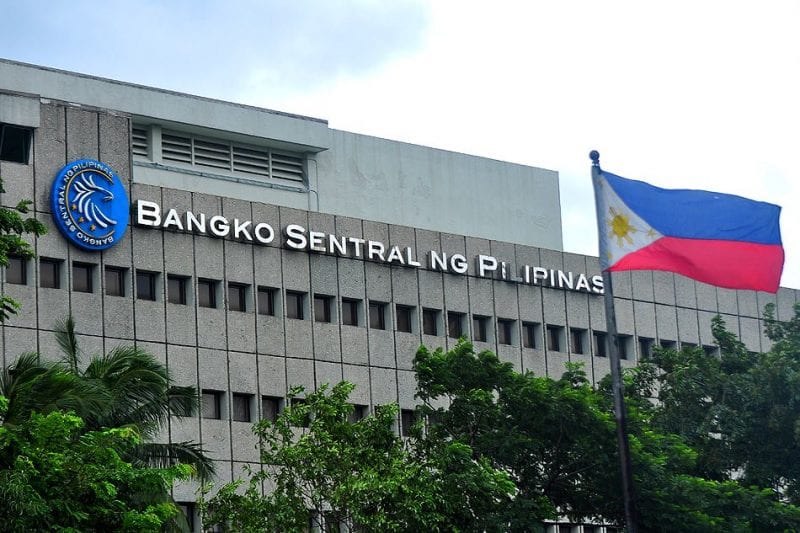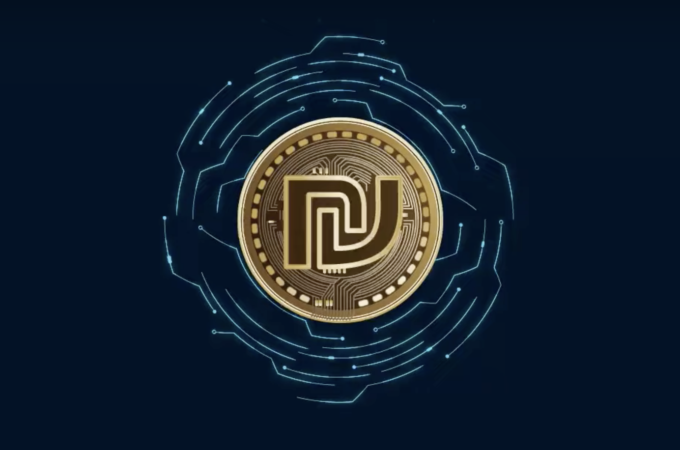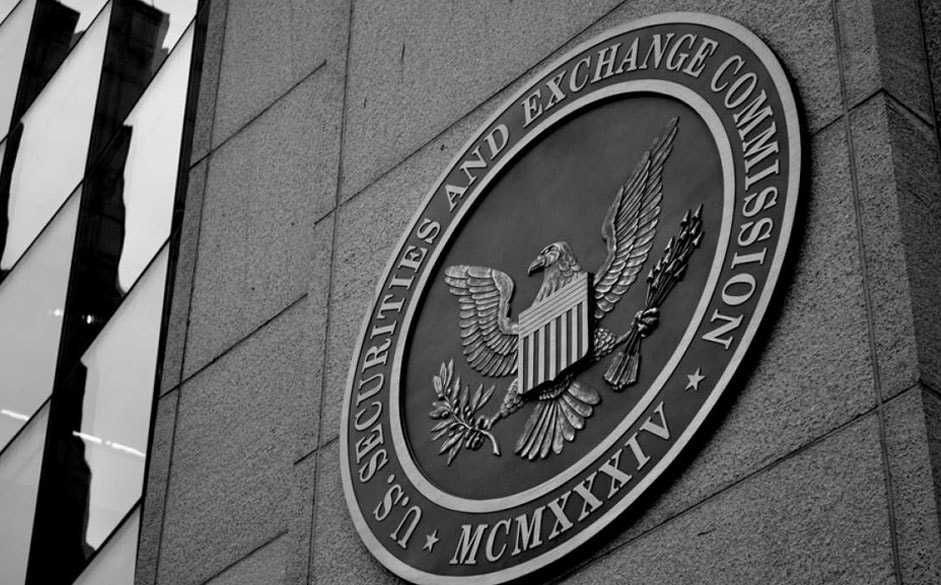
BSP Governor Reveals Non-Blockchain CBDC Strategy
The Philippines is gearing up to enter the central bank digital currency (CBDC) arena within the next two years, according to recent statements from Bangko Sentral ng Pilipinas (BSP) Governor Eli Remolona Jr. Unlike some of its peers experimenting with blockchain-based CBDCs, the BSP plans to pursue a wholesale CBDC, eschewing blockchain technology in favor of a system integrated with the Philippine Payment and Settlement System (PhilPaSSplus).
Remolona outlined the BSP’s approach to CBDCs during a recent conversation with business editors, highlighting the decision to focus on wholesale CBDCs over their retail counterparts. He emphasized that while other central banks had experimented with blockchain for CBDCs, the results had been less than optimal, leading the BSP to opt for a different technological path. This decision aligns with the BSP’s initial stance, announced last year, to explore a wholesale CBDC exclusively.
The BSP’s rationale for embracing wholesale CBDCs lies in their potential to enhance the efficiency and safety of domestic and cross-border payments. Wholesale CBDCs offer banks an additional avenue, beyond reserves, for depositing funds with the central bank for real-time interbank payments and settlements. By integrating CBDCs into existing systems like PhilPaSSplus, the BSP aims to bolster the reliability and robustness of the country’s payment infrastructure.
While blockchain has been the go-to technology for many CBDC projects worldwide, the BSP’s decision to forgo it underscores the evolving landscape of digital currencies. Instead of blockchain, the BSP will leverage PhilPaSSplus, the country’s real-time gross settlement payment system, for its wholesale CBDC. This approach reflects a pragmatic strategy tailored to the specific needs and capabilities of the Philippine financial ecosystem.
Despite the BSP’s focus on wholesale CBDCs, the central bank remains cautious about the potential risks associated with retail CBDCs. Remolona highlighted concerns such as disintermediation, increased vulnerability to bank runs during financial crises, and the amplification of the central bank’s role in the economy. To mitigate these risks, the BSP is opting to limit its CBDC efforts to the wholesale space, where banks will serve as the primary counterparties.
The BSP’s move towards CBDCs comes amidst a broader global trend of central banks exploring digital currencies as alternatives to traditional fiat currencies and cryptocurrencies. Countries like Sweden and China have been at the forefront of CBDC development, with initiatives aimed at complementing cash and addressing the rise of cryptocurrencies. Remolona sees these international experiences as valuable reference points for the Philippines as it navigates its own CBDC journey.
In light of the BSP’s commitment to introducing a wholesale CBDC within the next two years, the Philippines is poised to join the ranks of nations embracing digital currencies. While the absence of blockchain in the BSP’s approach may diverge from prevailing trends, it underscores the importance of tailored solutions that align with local needs and infrastructure. As the BSP charts its course towards CBDC implementation, stakeholders will be closely monitoring developments in the evolving landscape of digital finance.





